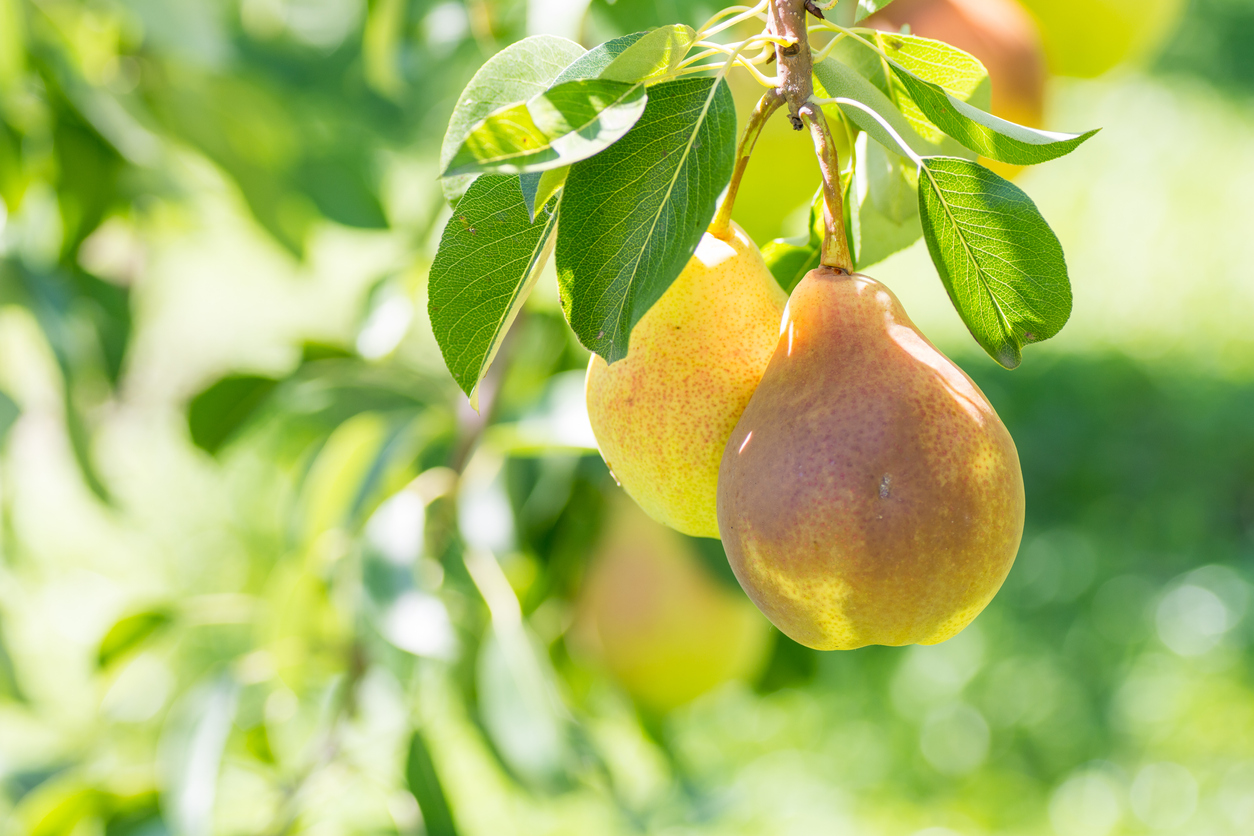
Overexpression of Pear Gene in Arabidopsis Boosts Abiotic Stress Resistance
January 22, 2020| |
Scientists from Anhui Agricultural University in China studied the role of a differentially expressed gene, PbSPMS, in yellow-green pear Dangshansuli and its russet-colored mutant Xiusu. The results, published in Plant Cell, Tissue and Organ Culture, show that the gene improves Arabidopsis' resistance to drought and salt stress.
The findings indicated that the relative area of the vascular bundles of the transgenic plants was bigger than that of the wild-type. The secondary thickened cell wall of xylem was also found to be thicker in the transgenic plants than the wild-type. Greater contents of polyamine, phenolics, and suberin were observed in the transgenics than the wild-type.
When exposed to drought and salt stress, PbSPMS introduction caused the fast buildup of spermidine and spermine in Arabidopsis, in higher contents than in the wild-type plants. This indicates that PbSPMS contributes to stress response quickly to decrease the negative effects of stress. It was also observed that PbSPMS increased the contents of proline, H2O2, peroxidase, and soluble sugars in the plants. With longer exposure to stress, the contents of all the compounds increased slowly, and the greater the drought resistance was observed in transgenic plants.
Read more about the study in Plant Cell, Tissue, and Organ Culture.
| |
You might also like:
- Development of GM Pears with Increased Shelf Life
- Pocket K No. 32: Biotechnology for the Development of Drought Tolerant Crops
- Pocket K No. 31: Biotechnology with Salinity for Coping in Problem Soils
Biotech Updates is a weekly newsletter of ISAAA, a not-for-profit organization. It is distributed for free to over 22,000 subscribers worldwide to inform them about the key developments in biosciences, especially in biotechnology. Your support will help us in our mission to feed the world with knowledge. You can help by donating as little as $10.
-
See more articles:
-
News from Around the World
- Trending News on Crop Biotech in 2019
- Scientists Engineer Mosquitoes to Repel Dengue Virus
- ISAAA: More than 70 Countries Adopted Biotech Crops since 1996
- VIB Submits Application for New Field Trials of GM Maize
- Enabling Plants to Combat Climate Change by Storing More Carbon Dioxide
- EU Commission Seeks Overhaul of GM Law to Address Gene Editing Regulations
-
Research Highlights
- Overexpression of Pear Gene in Arabidopsis Boosts Abiotic Stress Resistance
- GM Crops with One or More Bt Toxins Do Not Pose Risk for Non-Target Organisms
- Study Shows Genetic Origins of How Plants Evolved from Living in Water to Land
-
Plant
- CRISPR-Cas12a-based DNA Test Used in Disease Detection and GMO Identification
-
Read the latest: - Biotech Updates (December 10, 2025)
- Gene Editing Supplement (November 26, 2025)
- Gene Drive Supplement (February 22, 2023)
-
Subscribe to BU: - Share
- Tweet

